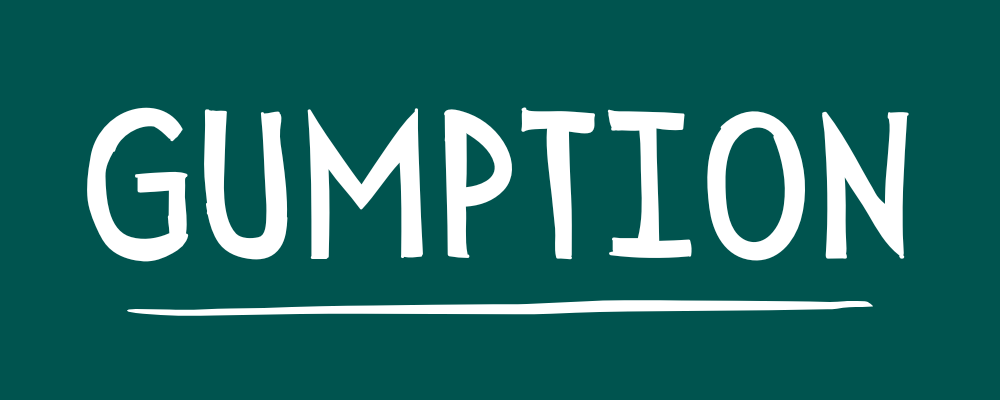What happens when grief goes global?

Last week, I drove home to the coast to attend my aunt’s funeral. She was a kindhearted and generous person who bravely battled cancer for the last few years. It was good to be with my family and loved ones, but I ached for my cousins and uncle who have begun to navigate what life looks like without their beloved mom/grandma/spouse. Being with them reminded me how integral the process of grieving is to our human experience and how different it often looks from person to person.
Since then, I’ve been thinking about the last couple of years of my own life, and I came to the realization that I’ve been living in an extended period of grief myself—for some personal losses, yes, but also for the people of Palestine, Ukraine, Sudan, and more. I’ve been grieving our country’s rapid descent into fascism and the heartless way that the far right is making scapegoats of queer people and immigrants. I’ve been grieving how late-stage capitalism beats us down and divides us. I’ve been grieving for what we have done and are doing to the one beautiful earth we have.
I suppose I have primarily been referring to these feelings of overwhelm as outrage, horror, and hopelessness, and those are, in fact, accurate descriptions. But the truth is that grief and the grieving process live alongside all of it as well. I now recognize I’ve been ping ponging between the stages of grief and damn, it sure is destabilizing! I doubt I am alone in feeling this way. It’s exhausting, isn’t it? And when you think about what we’re experiencing as a kind of global grief, it makes sense why we’re so exhausted. Grief is hard on the body, mind, and spirit. It is relentless.
Now, I’m no grief expert. I’ve read a few things here and there, but I’m not going to point you in any particular direction for deeper reading because I think enough of those helpful lists, books, and podcasts already exist. Instead, I want to encourage you to consider how accepting what we’re all living through as a period of deep grief might give you the framework you need to feel more capable of wading through it—rather than drowning in it.
Right now, maybe you’re reacting to your grief by isolating in an attempt to self-protect, or perhaps you’re desperately staying busy in hopes that avoiding stillness will help you sidestep the worst of your feelings. Each of us is wired to seek out and use whatever coping tools we can find. And typically, we’re going to spring for whatever’s already right there at our fingertips.
What I’m attempting to do is be gentle with myself while also trying to identify whatever tools I’ve been employing that could use an upgrade. For example, instead of disappearing into my third TV streaming binge of the week, maybe I could use some of that time to journal or freewrite? Or, rather than inhaling sugar like Cookie Monster and doomscrolling, why don’t I go outside and take a walk and see which bird species are migrating through at the moment? These may be small shifts, but I do believe they can have a big impact on mood and mindset.
Beyond that, I think our best bet for moving through these difficult times is to seek community and connection with one another. In my experience, grief is far more daunting when you’re carrying it alone. So, if you’re having a particularly hard day, reach out to someone who understands. Conversely, if you’re feeling some hope, see if you can find a way to share that with someone else. I know nothing I’ve shared in this post is especially innovative, but I hope you’ll consider this me doing what I can to remind you that you aren’t alone.
Boost Browsing:
Songs for the Revolution - Grief is heavy, so we need something to counterbalance it. I don’t think there’s anything on earth that gets me quite as hype as a good playlist, and we’re in desperate need of some revolutionary energy right now. I hope you enjoy this little mix I put together. Make sure to roll your windows down.
